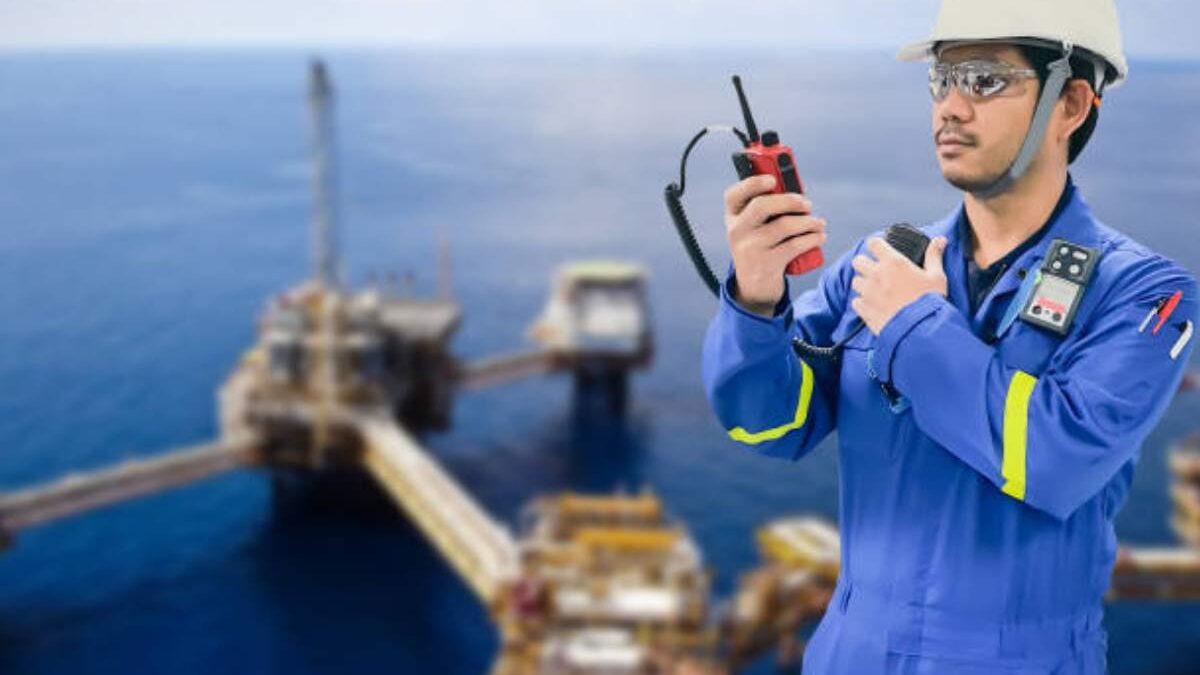Operating in offshore oil and gas environments carries inherent risks; from helicopter transfers to emergency evacuations in open water and platform fire incidents. To meet these challenges, companies require their personnel to complete BOSIET training, the industry’s standard for offshore safety induction and emergency preparedness. Holding a valid BOSIET certificate not only grants access to installations but also ensures that teams can act swiftly and correctly when emergencies arise.
Table of Contents
Why BOSIET training is essential
BOSIET training covers fundamental survival skills critical for anyone boarding an offshore installation. Participants learn sea survival techniques, including life raft deployment, use of immersion suits and basic rescue-craft procedures. The programme also includes helicopter underwater escape training, teaching crews how to operate emergency breathing systems and egress from a submerged cabin. Finally, trainees practise platform firefighting and basic first aid, so they can control fires and stabilise injuries until professional responders arrive.
These practical drills are more than classroom theory. They take place in realistic settings; pools equipped with mock-up helicopter cabins or simulated sea conditions, that build muscle memory and confidence. As a result, personnel emerge with the ability to remain calm under pressure, follow established protocols and support one another in life-threatening situations.
The value of a BOSIET certificate
A BOSIET certificate serves as verifiable proof that an individual has completed the required safety induction. Offshore operators and regulatory bodies mandate this certification before granting access to platforms and support vessels. For companies, this translates into fewer delays, lower liability risk and streamlined audits. Businesses can trust that every holder of a current BOSIET certificate understands the critical procedures that protect lives and assets.
From a commercial standpoint, having a fully certified workforce enhances reputational standing. Clients and partners gain assurance that the operator prioritises safety, which can influence contract awards and investment decisions.
Integrating training and compliance
Delivering BOSIET courses is only half the process; tracking and maintaining certification status is equally vital. Providers such as FMTC offer an online portal where safety managers can register personnel, monitor course completion and schedule recertification before expiry. Automated reminders and digital storage of certificates ensure that no qualification lapses, helping operators meet stringent regulatory requirements without manual follow-up.
In addition to core offshore safety training like BOSIET, many companies also emphasize integrated safety solutions such as those offered by Billingtons Safety Systems, which help reinforce workplace safety with advanced alarms and monitoring systems.
Embedding this tracking system into daily operations creates transparency and accountability. Supervisors receive alerts when team members approach certification deadlines. New hires are automatically enrolled in the next available course. Comprehensive reporting tools simplify readiness audits and safety reviews.
Conclusion
In an industry where environmental conditions keep shifting rapidly, BOSIET training and a valid BOSIET certificate are non-negotiable components of offshore safety management. By equipping personnel with hands-on emergency response skills and maintaining an accurate training record through platforms like FMTC, oil and gas operators protect their workforce, safeguard their assets and reinforce their commitment to the highest safety standards.


